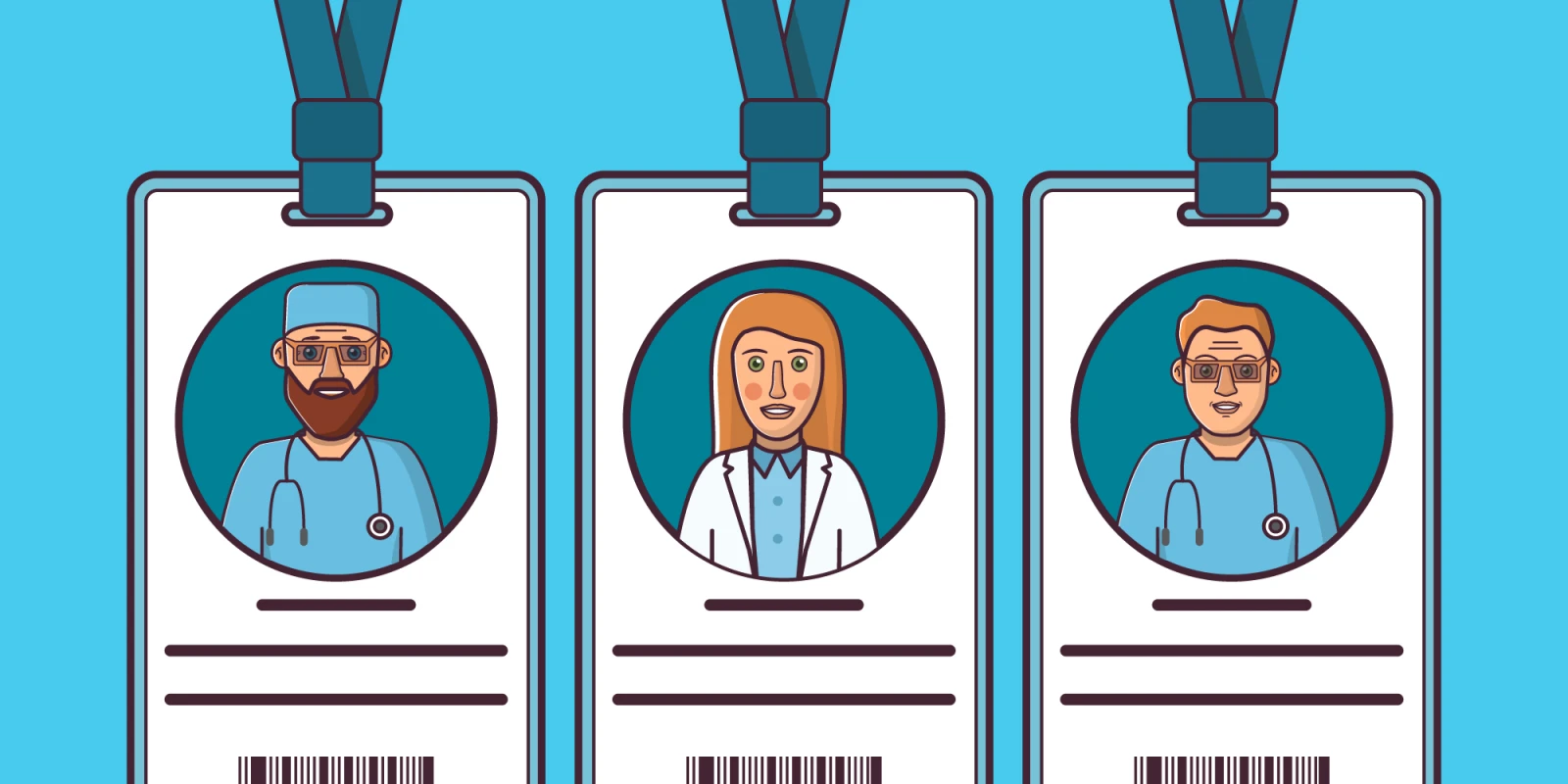
As we approach that time of year where all residents invariably look forward to the next step of training and attendinghood, it is the new intern class that gave me the insight into how far I have come in my training. As a chief resident, it is ingrained in us to push ourselves harder, be a role model and leader, and as such, hold ourselves to a higher standard. This year, I had several interns reach out to me after their first shifts with doubts. Their comments of “I never knew how dumb I was,” to “I was afraid to give a patient Tylenol,” struck a chord with me. The beauty of being a third-year is not that you know everything, because of course, you never will, but it is instead the fact that you are not an intern anymore. You start to build a framework of how things function, and the things that used to terrify you still terrify you, but at least you know where to start. Every one of those concerns made me smile and remember when I last felt that overwhelmed, concerned, and lost in the ER. Those messages took me back to my first day of residency.
It was a perfect, hot humid Chicago day and I was arriving to an afternoon swing shift. I showed up 30 minutes early, mostly to give myself 10 minutes to sit in the car and give myself a pep talk.
Duh, you can do this! You are a smart doctor. That’s right. You see those letters? M.D. That’s you my friend. Let’s go save some lives.
I walk in with my cup of coffee in hand, after getting lost in the underground tunnel walkway from the garage to the ER, push through the double doors, and set my coffee down. I take a look around.
Holy smokes, it’s busy!
12 charts loaded back, no welcome wagon, I was told to go see a patient. I’m not even sure who said that.
A hundred thoughts race through my mind:
How do you pick up a patient?
How do you log in?
Did you forget my password already? Geez, come on.
A tech smirks at me and asks me if I ironed my scrubs. They are still creased from being pulled out of the Amazon box. Before I have a chance to figure out if he was making fun of me (he was), a patient comes rolling in via EMS writhing around in pain. I trail them back to Room 19. Everyone is talking, over me, around me, through me. I know no one and I’m pretty sure no one knows me. But hey, I’m the big kid running the show, so I take charge.
“Sir, what’s bringing you in today?”
“CHEST PAIN. CHEST PAIN. CHEST PAIN.”
Got it. Chest pain.
“What’s the pain like?”
“Sharp. I can’t feel my legs.”
“What were you doing?”
“Nothing, just sitting on my couch.”
At this point, my internal panic button is being pressed. But, being a good intern, I’m determined to finish my OLD CARTS.
“Where is your pain going?”
“It’s tearing into my back!”
Holy smokes. That’s definitely bad. Panic, panic, panic! But wait, do it calmly, you are a doctor now!
“Oookay sir… give me two seconds.”
I high tail it to the Attending room, grab the adult, and run back in. On the way, I’m explaining the horrible, terrible, no good badness that is unfolding before us. My attending, cool and calm as ever, walks in, stands by the door, listens to my frantic rambling, looks at the patient, looks at the vitals, and feels his pedal pulses (or lack thereof), and responds “ohhh yeah, that’s a dissection if I’ve ever seen one.”
Duh. A dissection. Oh wait. A dissection. Gah! But you’re just an intern!
In what felt like minutes, the attending had placed the orders, controlled the patients’ pain and blood pressure, gotten results and successfully transferred the patient without a second thought. As all of this is happening, I move from having an internal meltdown in the corner to the bathroom, because my level of stress had overwhelmed by bowels. As I sat there, I had a deep moment of reconsidering all of my life choices. But I managed to get myself up and get through the rest of the day. I was bounced from room to room seeing a forearm laceration, intubating a septic patient, diagnosing a 21-year-old with appendicitis, speaking to a pregnant teenager with vaginal bleeding, and ace-wrapping an ankle sprain. But let me be honest, I struggled through those too. It felt as if my brain had fallen out the past four months between matching and starting residency. I left feeling lost, confused, and horrified at what I got myself into.
That day was nothing like what I expected or wrote about in my personal statement when applying to residency. But, believe it or not, I got through it. Everyday, I learned. I learned through heartwarming and heartbreaking cases; good shifts and bad shifts; being wrong repeatedly; and through time and volume. The past 2.5 years, I was frequently humbled by the human body and human nature. I knew that the composite of my experiences is what had helped me to grow and become the physician I am today. So, I frequently shared without shame, my story with the interns about how a future chief resident was an embarrassingly overwhelmed and unhelpful first day intern. How can these bright-eyed interns expect to know everything in the span of just one day? They can’t. You can however be a little better than the day before. You can try to learn from your mistakes. You can build your own composite of experiences. And of course, you can share your own humbling stories when you are the attending and have a new first day intern who is just as dazed and confused as you were.
Komal Paladugu is a current PGY3 Chief Resident at UIC Emergency Medicine Residency Program, soon to be graduating and starting her Ultrasound Fellowship at Baystate Medical Center. She is a fan of Saturdays, whimsical independent films, summertime sunshine, black coffee on shift, cappuccinos on days off, napping, and Youtube videos of pugs and bulldogs.







